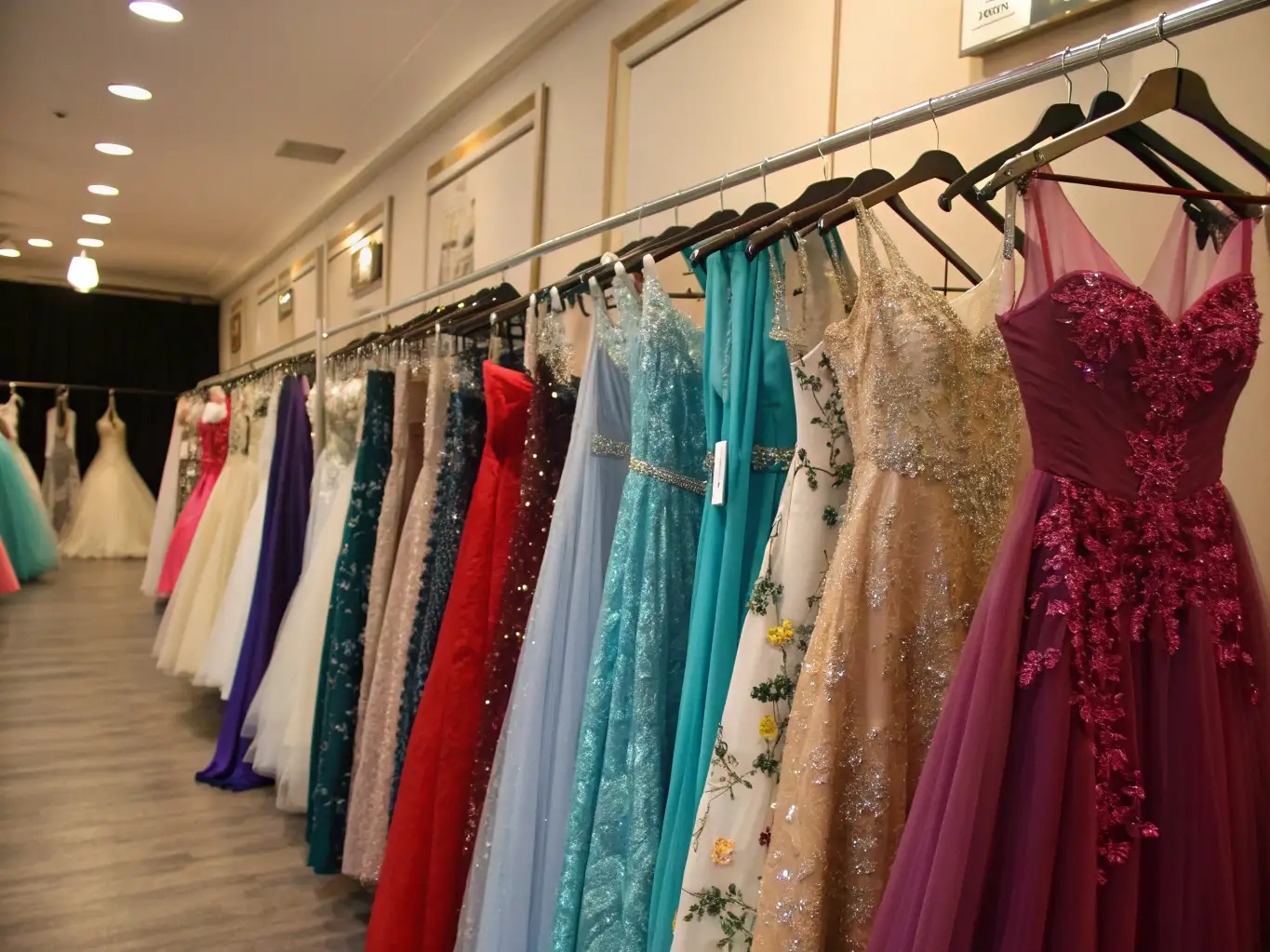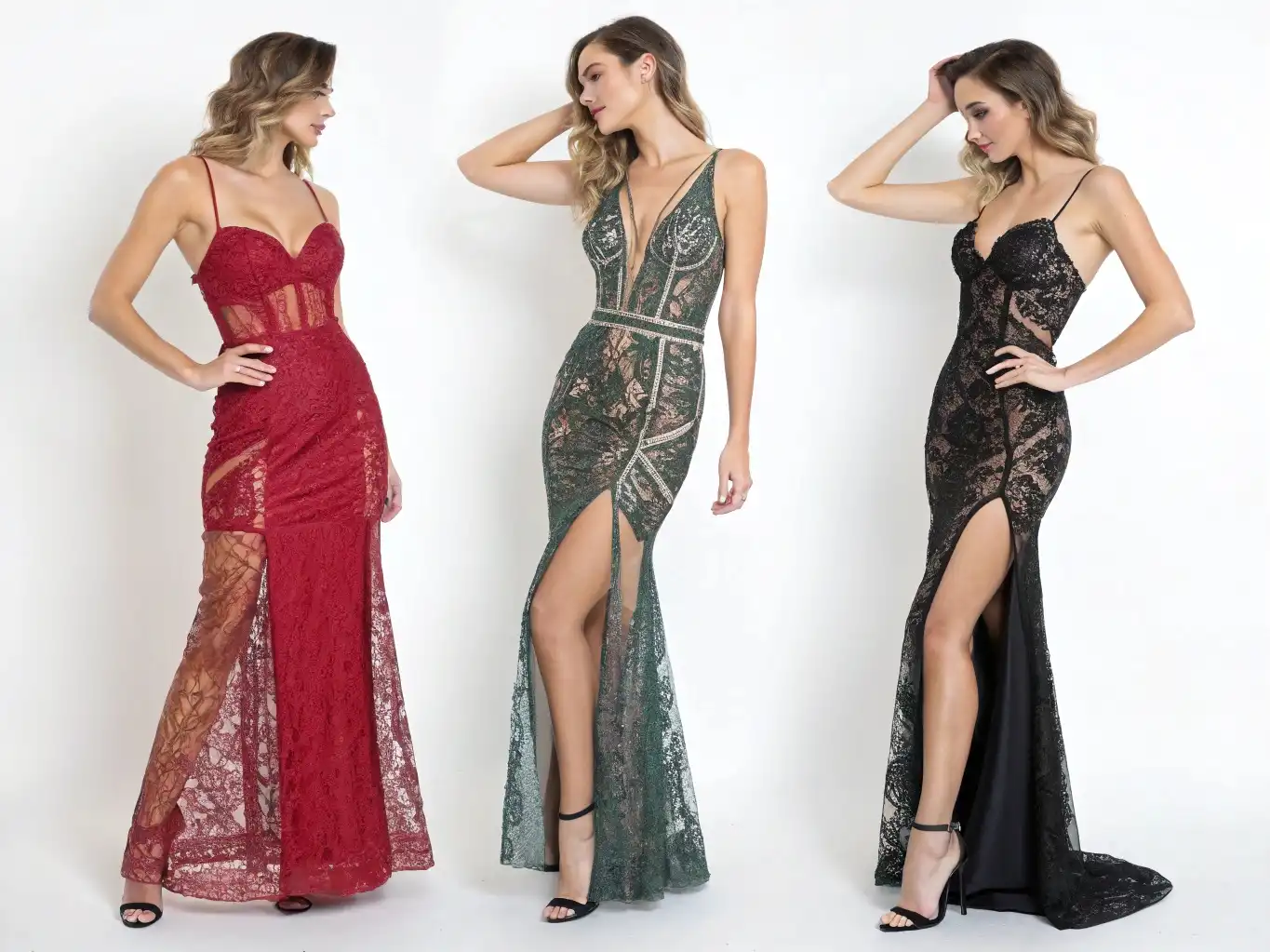Many clothing brands underestimate the importance of certification systems when entering European and American markets. However, neglecting compliance can lead to severe consequences like fines, banned products, or lost business opportunities. Understanding and obtaining relevant certifications is essential to successfully expand into these highly regulated markets.
Clothing certifications such as OEKO-TEX, GOTS, and compliance with REACH regulations ensure safety, sustainability, and consumer trust. Certifications enhance brand credibility, open market opportunities, and justify premium pricing. Companies aiming for Europe or the U.S. must prioritize obtaining these critical credentials.
I’ve helped numerous brands enter Western markets; let me guide you clearly through these essential certifications.
Why do European and American markets attach so much importance to clothing certification systems?
European and American markets emphasize clothing certifications primarily for consumer safety, environmental protection, and corporate responsibility. Certifications are legally required or strongly preferred by retailers and consumers.
Without certifications, brands risk facing product recalls, sales bans, or heavy fines. Certifications also enhance brand image, enabling price premiums and increasing consumer trust. Brands using OEKO-TEX or GOTS certifications clearly communicate their safety and sustainability commitments, gaining significant market advantages.
Will there be a ban on sales or fines if there is no certification?
Yes, non-compliant products can face legal penalties, including sales bans, recalls, or substantial fines. EU and U.S. authorities strictly enforce certification requirements like OEKO-TEX1 and REACH2. Compliance is crucial to avoid financial losses, reputation damage, and market access issues.
Certification is not only compliance, but also a brand premium and trust endorsement?
Certifications not only ensure legal compliance but also significantly enhance brand value and consumer trust. Consumers often prefer certified products, willingly paying premium prices. Certifications clearly communicate brand integrity, quality, and sustainability, creating competitive advantages.
What is OEKO-TEX certification? Which clothing companies are suitable for applying?
OEKO-TEX certification confirms textile products’ safety regarding harmful substances, crucial for consumer protection in Western markets.
OEKO-TEX certifications like STANDARD 100 ensure textiles are free from harmful chemicals. MADE IN GREEN additionally verifies sustainable and socially responsible manufacturing. Brands targeting mainstream and eco-conscious markets benefit most from these certifications.
What is the difference between STANDARD 100 and MADE IN GREEN?
| Certification | Scope | Sustainability/Social Responsibility |
|---|---|---|
| STANDARD 100 | Checks harmful substances in products | No |
| MADE IN GREEN | Harmful substances + sustainability & ethical production | Yes, fully integrated |
How does OEKO-TEX evaluate the safety of harmful substances in fabrics?
OEKO-TEX uses rigorous lab testing to evaluate fabric safety, checking for harmful substances like heavy metals, formaldehyde, azo dyes, and allergens. Products passing these tests receive certification, ensuring consumer trust and regulatory compliance.
How important is GOTS certification for sustainable brands?
GOTS3 certification is essential for brands positioning themselves as sustainable or organic, significantly enhancing their credibility and market competitiveness.
GOTS strictly certifies organic fibers, environmentally safe processes, and ethical working conditions. Brands aiming at eco-conscious consumers or premium sustainable markets must prioritize GOTS certification for strong consumer trust and market differentiation.
What are the strict requirements of GOTS for organic cotton, dyes, processes, etc.?
GOTS demands 95% organic fiber content, prohibits harmful chemicals, ensures environmentally safe dyes, and mandates social responsibility like fair wages and safe working conditions. These stringent criteria greatly enhance brand reputation among sustainability-focused consumers.
What is the difference between GOTS and OEKO-TEX? Do you need to apply for both at the same time?
| Aspect | GOTS | OEKO-TEX |
|---|---|---|
| Focus | Organic & sustainability | Harmful substance safety |
| Fiber Requirements | Minimum 70-95% organic | No organic requirement |
| Social Standards | Strict social audits | Limited or optional |
Brands can apply simultaneously if targeting comprehensive consumer trust, but often one certification sufficiently meets specific market needs.
How "hardcore" is the REACH regulation in the EU market?
REACH is extremely stringent in Europe, directly affecting product safety compliance. Non-compliant products are quickly banned from sale.
REACH regulates chemical substances used in products. It strictly prohibits numerous chemicals known for health risks. Brands must fully comply or risk serious penalties, making REACH one of the toughest regulations in global markets.
Is REACH a certification or a regulation? Which ingredients are prohibited?
REACH is a mandatory EU regulation, not a voluntary certification. It bans hazardous chemicals such as azo dyes, phthalates, lead, and cadmium. Compliance is enforced through rigorous lab testing and documentation checks.
How can small and medium-sized clothing brands meet REACH requirements without being blocked?
Smaller brands should source from certified raw material suppliers, maintain clear ingredient documentation, and regularly test products. Collaborating with experienced third-party testing agencies helps ensure compliance and market entry without disruptions.
What other international certification systems are worth knowing?
Several other certifications like GRS, RWS, BSCI, and WRAP also play critical roles in market acceptance.
GRS (Global Recycled Standard) and RWS (Responsible Wool Standard) focus on materials sustainability. BSCI (Business Social Compliance Initiative) and WRAP (Worldwide Responsible Accredited Production) focus on ethical manufacturing practices. Each suits different brand strategies and market needs.
What do GRS, RWS, BSCI, and WRAP stand for? Which categories and brands are they suitable for?
| Certification | Full Name | Suitable for |
|---|---|---|
| GRS | Global Recycled Standard | Recycled textile products |
| RWS | Responsible Wool Standard | Wool-based apparel |
| BSCI | Business Social Compliance Initiative | Brands emphasizing social responsibility |
| WRAP | Worldwide Responsible Accredited Production | Factories focusing on ethical manufacturing |
Which certifications are suitable for environmental protection? Which ones focus on social responsibility and factory audits?
- Environmental Protection: GOTS, GRS, OEKO-TEX MADE IN GREEN
- Social Responsibility: BSCI, WRAP, SA8000
How can clothing brands plan the certification application process to save time and cost?
Strategically applying for certifications helps brands enter markets faster and cheaper. Clear priorities and preparation significantly streamline the process.
Brands should prioritize essential market-required certifications first (OEKO-TEX, REACH). Choose credible third-party agencies for quicker processing. Prepare all necessary documents early, consolidate lab testing, and avoid simultaneous certification applications unless essential.
Is it necessary to apply for multiple certifications at the same time? How to determine the priority?
Multiple certifications aren’t always necessary. Brands must prioritize based on regulatory requirements (REACH for EU), market positioning (GOTS for sustainability), and customer expectations. Gradual, strategic certification is more cost-effective and practical.
Which organizations can quickly assist in completing the certification? What is the application process?
Organizations like SGS, Bureau Veritas, and Intertek efficiently assist brands with certification. Application typically involves document preparation, sample submission, lab testing, audit inspections, and certification issuance within weeks to months.
Conclusion
Clearly understanding and obtaining essential clothing certifications like OEKO-TEX, GOTS, and REACH is vital for successful entry into European and American markets. Strategic certification enhances compliance, consumer trust, brand value, and ultimately profitability.
-
Explore OEKO-TEX certification to understand its significance in ensuring safety and sustainability in textiles, enhancing brand credibility. ↩
-
Discover the REACH regulation to understand its strict requirements for chemical safety in textiles, crucial for market compliance. ↩
-
Learn about GOTS certification to see how it boosts brand reputation and consumer trust in the sustainable fashion market. ↩






